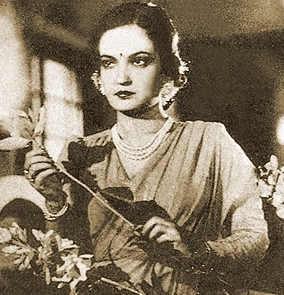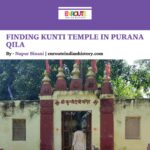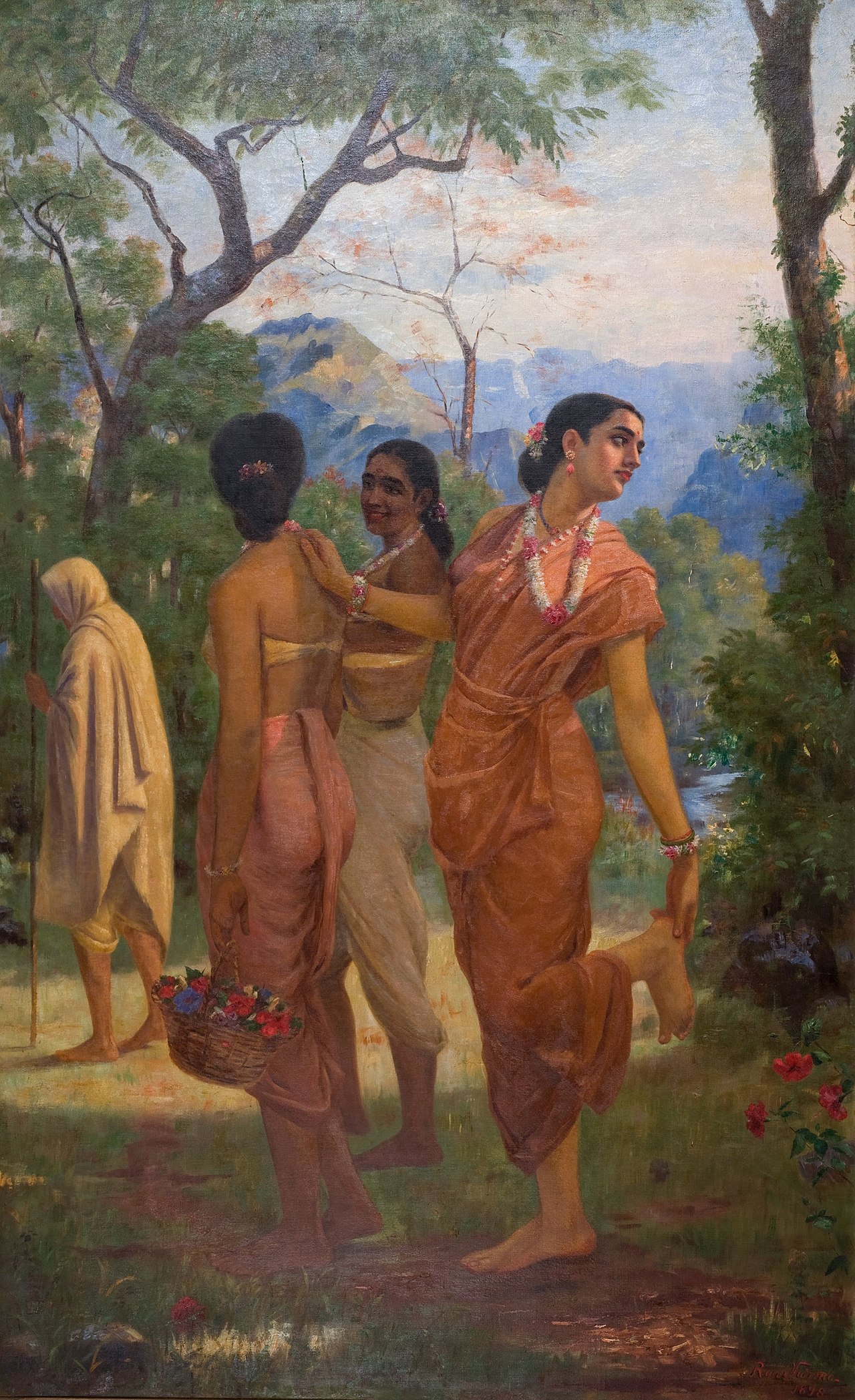
Begum Akhtar (7 October 1914 – 30 October 1974) was one of the most distinguished singers of ghazal, thumri and dadra genres of Hindustani classical music. She was given the moniker “Mallika-e-Ghazal” (Queen of Ghazals) for her soul-stirring voice and poignant performances.
Akhtaribai Faizabadi, as she was formerly known, was born to a courtesan mother and a barrister father in Faizabad, Uttar Pradesh. She was drawn to Indian classical music early in her life and gave her first stage performance at the young age of 15. Begum Akhtar’s life was fraught with personal tragedies, and her voice reflected her inner pathos. She channelled her grief into her performances and mastered the genre of ‘light’ Hindustani classical music. Her musical journey traversed different mediums starting from feudal and court performances in mehfils (private concerts), theatres and films to All India Radio and several public shows. Owing to her good looks, intoxicating voice, and glamorous personality, she starred in several films around the 1930s -1940s. But the glitz and glamour of the film world did not appeal to her for long as she returned to her music. In 1945 she got married to a lawyer Ishtiaq Ahmed Abbasi who was also the Nawab of Kakori. Her married life restricted her from singing, which led her to depression. However, singing was prescribed as a remedy for her dolorous condition, and she emerged back with a performance on the AIR. She went on to become a national symbol of courtly music culture, which was rare in those days for women married into elite households.
Begum Akhtar was a pioneer in reviving music genres like thumri and dadra and bringing them to a public platform. Thumris that comprise a vocal genre with seductive, romantic undertones were primarily restricted to courtly or feudal mehfils and were performed by courtesans. Begum Akhtar broke the convention of mehfils and ‘kotha circles’ and began performing this genre in public concerts. She gave a new identity to a music genre that was entrenched in a largely male-dominated social establishment and played a stellar role in the history of Indian classical music. She carved a niche for herself with her inimitable style, literary sensibility and exceptional singing. She was known to compose her own ghazals and has nearly four hundred songs to her credit. Her life and legacy became an inspiration for women performers who followed in her footsteps. Her works continue to enthral ghazal lovers across the globe. She was awarded the Padma Shri and the Padma Bhushan by the Indian government.




















